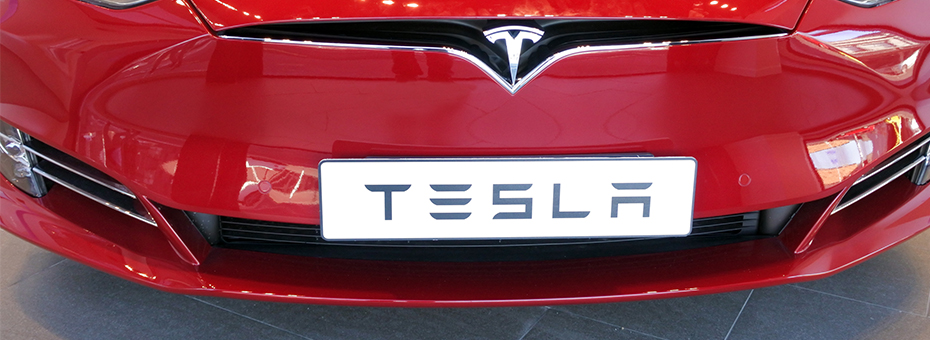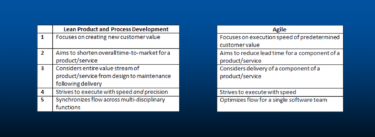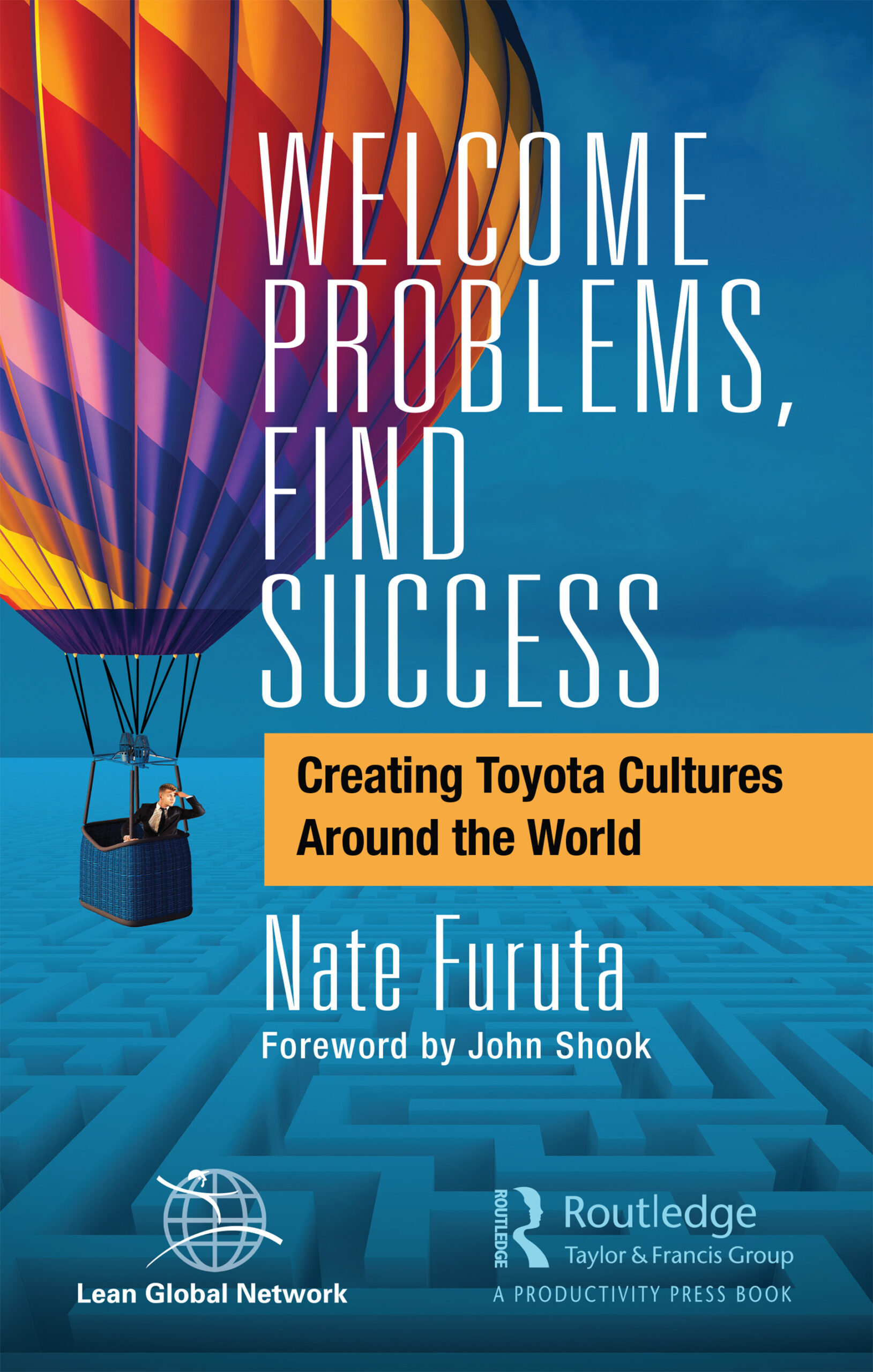Tesla is one of the most amazing success, and failure, stories in the history of automotive. There were a good many mavericks who tried to revolutionize auto, only to fail dramatically, such as the Tucker 48. But Tesla was even more bold, forging a new automotive segment, and just as it appears to be headed for free fall it magically rises to a new level of performance.
The ups and downs of its stock price are also becoming legendary. Just as the short sellers are beginning to gloat over a major drop in Tesla’s price, just as steep a jump in prices will occur, sometimes in the same week. A plot of stock price over time looks like the Swiss Alps.
When Tesla first started up Toyota took a strong interest in the company. For one thing Toyota was very happy that something good would come from the NUMMI plant that it was forced to shut down after bankrupt GM walked away from the joint venture. Additionally, Akio Toyoda visited Tesla and was very impressed by the entrepreneurial spirit which was more reminiscent of Toyota as a new company then Toyota as a mega-giant global manufacturer. Toyota bought about 3 percent of Tesla for $50 million (and later made a lot of money selling its share). Toyota also sent experts on the Toyota Production System and on basic automotive manufacturing to help teach Tesla. Additionally, Toyota jointly developed a battery powered version of the RAV4 with Tesla, and attempted to teach Tesla engineers about basic project management. The high cost of the resulting vehicle, and subsequent high price, led to quickly stopping production of the electric RAV4, and Tesla and Toyota went their separate ways.
Later Elon Musk made it clear he was not interested in learning the Toyota Production System, the industry benchmark, and wanted to leapfrog it into the future of manufacturing. In a call to wall-street investors in early 2018 Elon Musk boasted:
“The competitive strength of Tesla long-term is not going to be the car: It’s going to be the factory. We are going to productize the factory… The Model T wasn’t the product. It was the River Rouge. We will have a great product. But the factory is going to be the product that has the long-term sustained competitive advantage.”
With not a small amount of hubris, and no experience, Elon Musk was convinced he could outdo a century of experience learning to engineer and build cars, overnight. And he would do it with computer technology—a level of automation the auto world had never seen. He wanted to skip over Industry 4.0 and jump directly to 5.0. I began to think, “Musk sounds more like a computer programmer than an engineer.” With PayPal it seemed like if he could think it the programmers could code it.
I felt (and still do) that automotive manufacturing was a lot more complex than coding software. It is more than brilliant minds working out the details in their heads. So many things can go wrong in physical manufacturing and the environment is so dynamic. This is why Toyota is so obsessed with kaizen (continuous improvement). Kaizen is about continuous improvement, but it is not simply making something great even better. It is also about working out the bugs of a newly launched product that has many unanticipated nagging problems.
Of course, one of the mantras of Toyota is “get it right the first time.” This avoids costly rework and fire-fighting. So Toyota plans, plans, and plans some more; and then does a lot of experimentation to work out the bugs in advance of new model launch. It also limits the number of changes in the vehicle, working to carry over as much as possible to the new model to limit variability and opportunities for quality, safety, and manufacturing problems.
This of course leads to a more conservative step by step approach that is far less exciting than the big bang of Tesla. Start with a clean sheet of paper on the automotive product, start with a clean sheet of paper on the factory, start with a clean sheet of paper on the supply chain, and on the battery plant, and on the dealer network, and on artificial intelligence software. And do it with large numbers of engineers recently hired who never worked together before, with a high level of turnover to boot. Lay off workers when money gets tight and then hire a bunch of new ones. Instability is the name of the game.
Toyota executives would be on the verge of a nervous breakdown, not because they are thin skinned, but because they could realistically anticipate the huge cost overruns, the missed deadlines, the quality problems that would have to be fixed after the fact, and the general chaos. Another Toyota mantra is “under promise and over deliver.” Musk seems to thrive on over promising and under delivering.
The various crises in Tesla manufacturing have been well documented—slips in launch dates by months and even years, questionable quality, huge amounts of rework, difficulties reaching intended volumes. Just a few months after Musk was bragging about the vaunted new technology in his revolutionary manufacturing system he was sleeping in a conference room in the factory, trying to solve problems to squeeze out cars, and complaining that he had too much automation. He concluded they needed more people and less automation.
When interviewed for CBS This Morning Musk was asked the reasons for what he had called “production hell.” He explained that they had gotten “complacent about some of the things that we thought were core technology. We put too much technology into the Model 3 all at once. This should have been staged.” He also admitted that the concept of a complex set of automated conveyor systems delivering parts to the point of use was not a great idea. “We had this crazy complicated network of conveyor belts. And it was not working. So we got rid of the whole thing.” The solution to getting to 5000 Model 3s produced a week was to erect a second, far less automated, assembly line under a tent.
It always seemed curious to me that NUMMI, which at its peak produced over 400,000 units (in 2006) with 5500 people turned into Tesla in 2017 making about one hundred thousand units with about 10,000 people. One of the biggest problems of human resources at Tesla was parking. How could one of the most automated auto plants in the world be one of the least productive plants in the world? The Wall Street Journal published statistics confirming my suspicions. Their conclusion: Tesla makes six cars a year per person it employs. Other luxury auto makers churn out three times as many.
This leads to asking what if? What if Tesla took Toyota’s help seriously in learning basic manufacturing before undertaking disruptive technology change? What if Tesla had the labor productivity of average auto plants? What if Tesla built in quality and did not have to rebuild most Model 3s to get quality right? What if its vehicles launched on time and shipped on time? What if Tesla took manufacturing and logistics seriously and was as good at execution as it was at product ideation? In a post last year Jim Womack quipped that the ideal automaker might be a blend of Toyota execution with Tesla bold entrepreneurial thinking.
What will happen in the future we do not know. As physicist Niels Bohr once said, “prediction is very difficult, especially if it’s about the future.” I do suspect that with all of its stumbles and execution problems Tesla vehicles will continue to be exciting and attract enough buyers for the company to stay afloat. It is also becoming clearer that the competition is heating up in the battery-powered vehicle space. The tightest competition in the short-term might be coming from traditional luxury automakers like Audi and Porsche. And in its usual quiet, under the radar way Toyota is investing many of billions of dollars of R&D in next generation battery technology, artificial intelligence software, and ride-sharing companies like Uber. They are sure to emerge with a raft of new electrified vehicles as the relatively tiny all-electric battery vehicle market grows. How this competition will affect Tesla I do not know, but Tesla would surely be on a more solid foundation if it took manufacturing seriously from the beginning.
Learn more on this topic and others in Jeff Liker and Jim Morgan’s new book Designing the Future.






I keep seeing more Tesla’s around. Are they skipping industrial revolutions successfully, have they started with lean or are they being lucky?